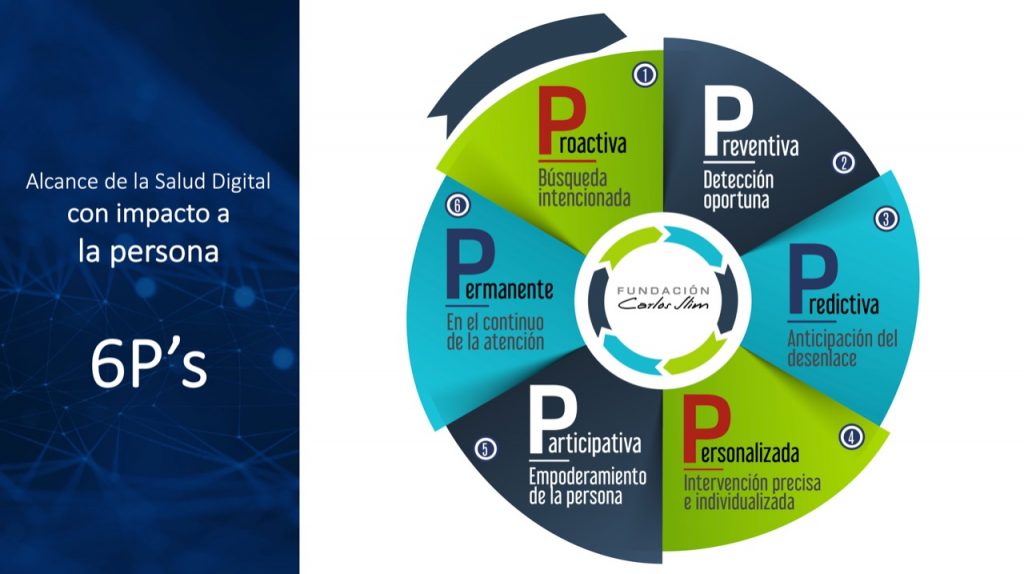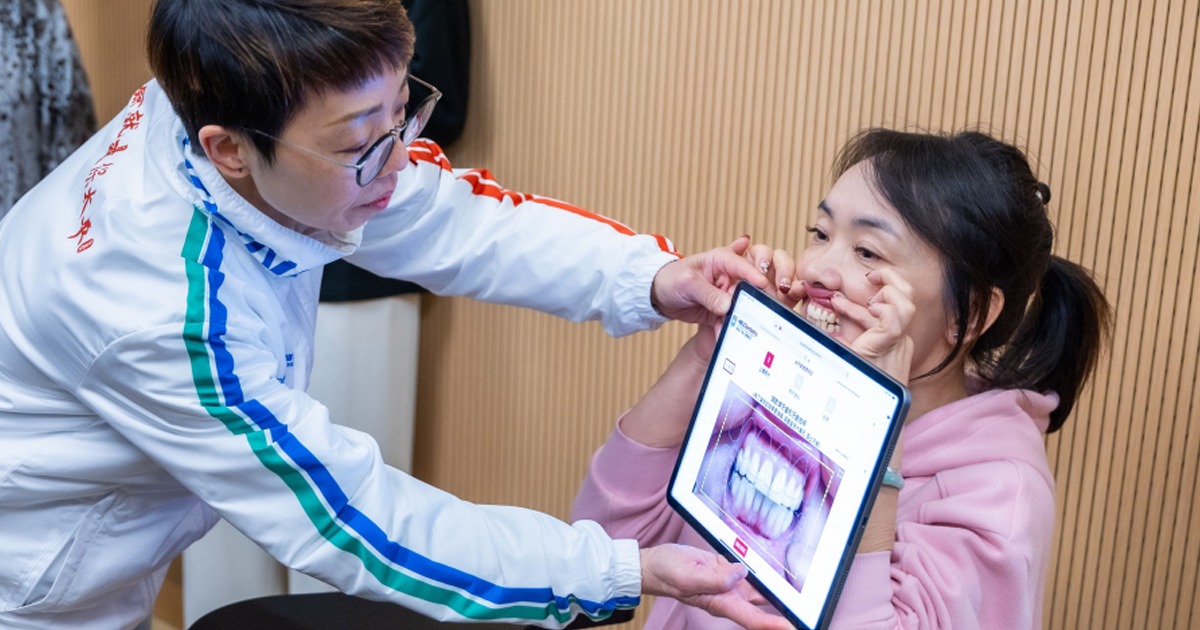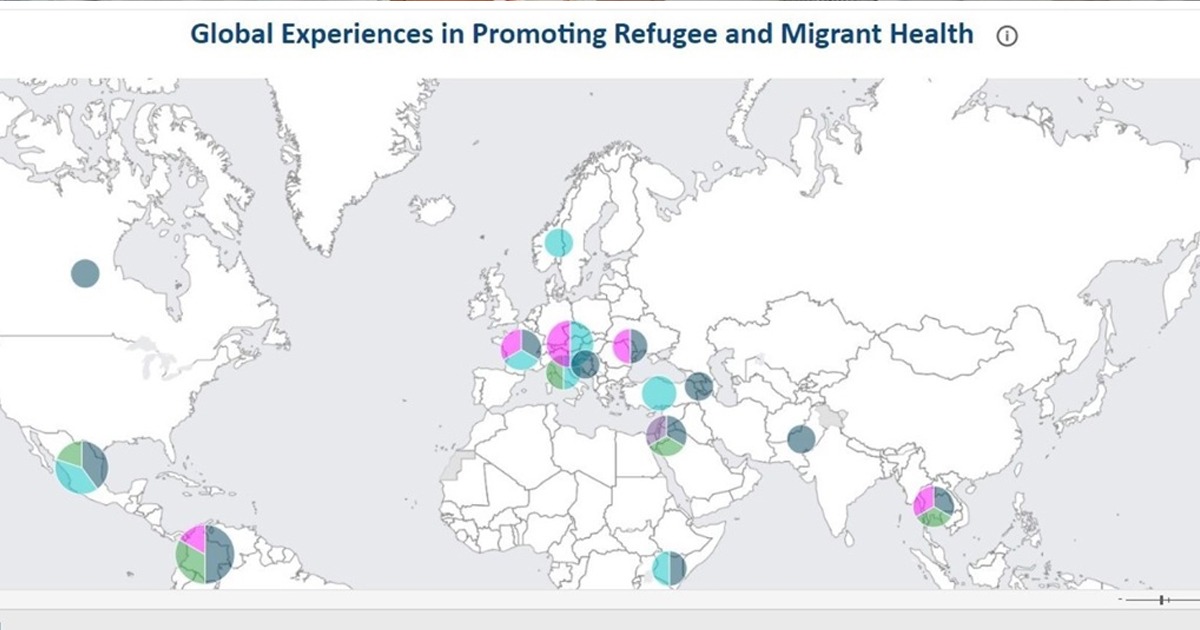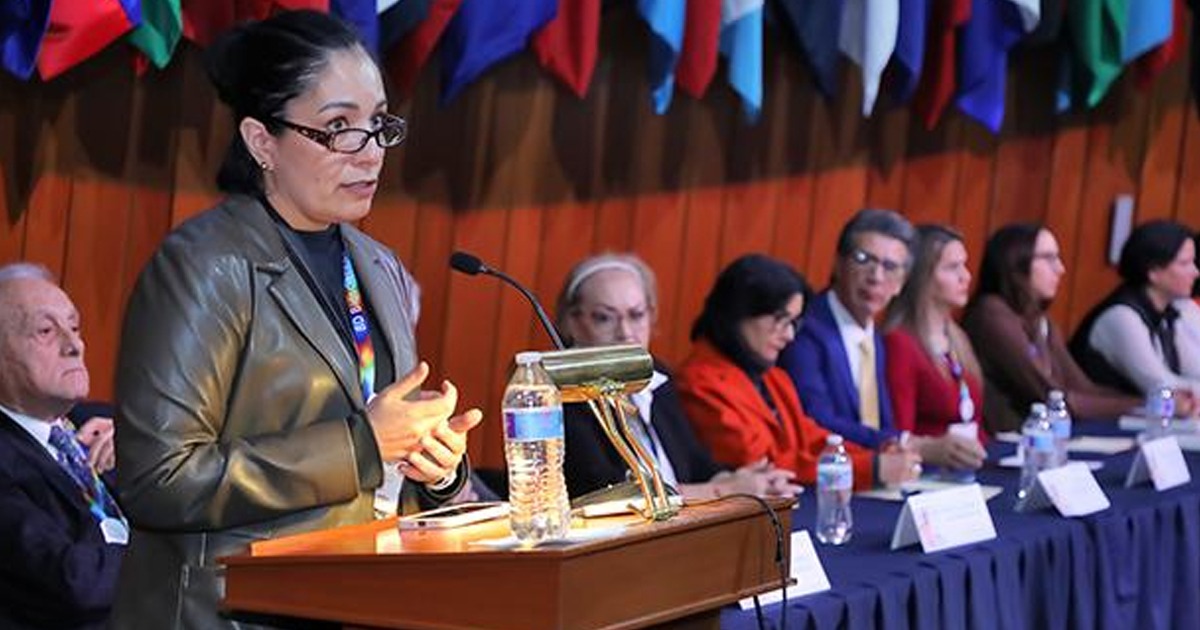The innovation that Digital Health brings with it facilitates cutting-edge research that allows the design of person-centered interventions.
The Mexican Association of Researchers of the National Institutes of Health and High Specialty Hospitals (AMIINSHAE) held its fifth congress within the National Institute of Medical Sciences and Nutrition Salvador Zubirán.
Within the event, Dr. Roberto Tapia-Conyer, General Director of the Carlos Slim Foundation, announced the vision of the Foundation regarding the relevance of Digital Health in the definition and implementation of public policies, while highlighting the role that research plays in this whole process.
From a cycle of public policy, Dr. Tapia Conyer explained the different types of research that support informed decision-making, and thereby move towards universal health coverage.

On the other hand, he explained that Digital Health works as an enabler, so that person-centered interventions can be designed based on a 6P methodology:
- Proactive, looking for the person wherever they are,
- Personalized, from the construction of a risk profile,
- Preventive, with the design of an intervention that prevents or delays the onset of a disease
- Predictive, using the ‘omics’ diagnostic methods and artificial intelligence to design algorithms that predict health outcomes
- Participatory, to motivate the active involvement of a person in their health care
- Permanent, through the continuum of attention

And, the modes of medical care have evolved towards processes focused on Artificial Intelligence and Big Data that offer accurate diagnoses and interventions in real time without the need to be controlled by a human being; Thus, machines can take their own paths based on previous experience and cases, and with the curatorship of expert personnel, to save resources and time.
To close his participation, Tapia-Conyer explained that the measurement of results would be obtained only within the practice and experience aligned with a verifiable health model that ratifies the final results with transparency and thus, provide security to both the medical staff and the patient .
All this generational progress that impacts within the medical sector must be supported by an adjustment in the regulation of public policies that fulfill the function of reaching all areas of the country and eliminating the access gap in terms of medical care.
CARLOS SLIM FOUNDATION
https://www.facebook.com/FundacionCarlosSlim/videos/434130277518313/UzpfSTEwMDAwMzM4NDUyMjc5NjoyNDM3OTIxNjE2MzMwNjMy/





